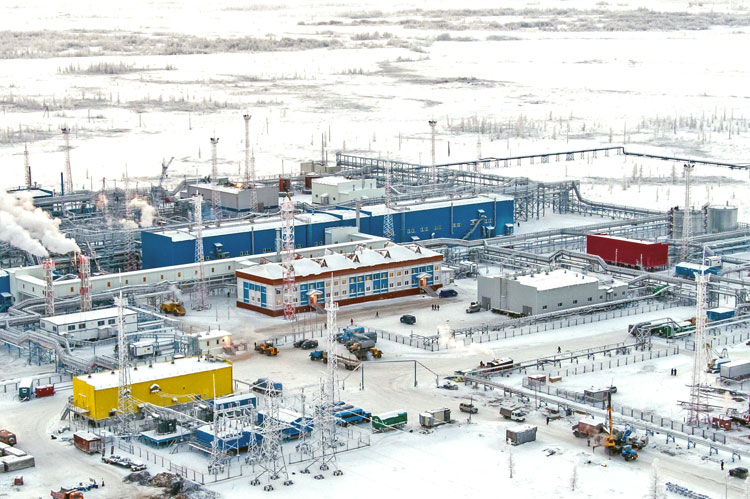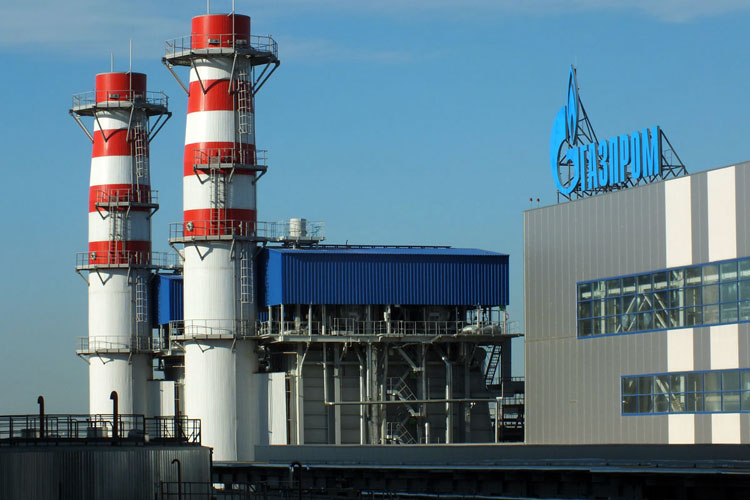INDIAN ARMED FORCES CHIEFS ON OUR RELENTLESS AND FOCUSED PUBLISHING EFFORTS

The insightful articles, inspiring narrations and analytical perspectives presented by the Editorial Team, establish an alluring connect with the reader. My compliments and best wishes to SP Guide Publications.

"Over the past 60 years, the growth of SP Guide Publications has mirrored the rising stature of Indian Navy. Its well-researched and informative magazines on Defence and Aerospace sector have served to shape an educated opinion of our military personnel, policy makers and the public alike. I wish SP's Publication team continued success, fair winds and following seas in all future endeavour!"

Since, its inception in 1964, SP Guide Publications has consistently demonstrated commitment to high-quality journalism in the aerospace and defence sectors, earning a well-deserved reputation as Asia's largest media house in this domain. I wish SP Guide Publications continued success in its pursuit of excellence.
- MoD initiates comprehensive review of Defence Acquisition Procedure 2020, pushes for defence reforms
- G7: The Swansong
- Kalinga Connect: South Asia to Polynesia
- Advanced MRSAM for India for a greater firepower
- Must Credit DRDO for Operation Sindoor, now what is next for defence R&D?
- Operation Sindoor | Day 2 DGMOs Briefing
- Operation Sindoor: Resolute yet Restrained
Sanctions against Russia has wider ramifications
Although economic sanctions are widely used, their effectiveness is often debated. For now, Western governments are putting a higher priority on their support for Ukraine but soon they will need to weigh on how much pain they are prepared to inflict on their own people.
 |
The Author is Former Chief of Staff (COS), Central Command, Indian Army. He is an expert on Siachen and Ladakh with experience in counter insurgency operations in J&K and North East and is also an expert on Information Warfare. |

The invasion on Ukraine by Russia has invited unprecedented sanctions, never seen in the recent past. Many in the West feel vindicated, even happy that the financial might of the United States, Europe and other allies is being fully used against Russian President Vladimir Putin and his allies. However, there is a measure of great worry amongst many experts, especially amongst the EU. The worry is that these sanctions will have collateral damage in Russia and beyond, potentially even hurting the very countries that impose them. Some are even worried that the sanctions intended to deter and weaken Putin could end up emboldening and strengthening him.
Effect on the Oligarchs
The first fillip side of these Sanctions is that it would hurt Russian civilians much harder than the Russian banks and oligarchs or the Russian leadership and its allies. Inflation is expected to rise significantly in Russia, with unpredictable effects. Food prices are likely to spiral out of control given the combination of economic pressure and the war itself, which disrupts some of Europe’s most important agricultural trade.
These Sanctions will hurt Russian civilians much harder than the Russian banks and oligarchs or the Russian leadership and its allies
While the common Russian will be hit badly, the oligarchs will be not. Western governments have taken aim at Russian oligarchs and the broader elite in a way never been done before, effectively cutting them out of the United States and Europe. But how will the elite react? And how much power do they have anyway? It is Putin who has the power over the oligarchs, not the other way around. And by limiting their exposure to the West, many will have no choice but to edge closer to their leader. “Being on the US sanctions list used to be a status symbol of patriotism. But now it’s a requirement. If you’re not on it, it’s suspicious,” one anonymous banker has stated.
Do Sactions really work
Sanctions can escalate, rather than de-escalate, conflicts. The threat of sanctions is meant to deter a conflict before it happens. But clearly, Russia was not deterred. Historians have said that the impact of sanctions has often escalated tensions rather than solve them, even playing a role in two devastating world wars. So far, Putin’s response to the severe economic pain has been to double down on the conflict in Ukraine and make overt nuclear threats to the West.“The more powerful sanctions are, the more likely that countries will seek to respond in whatever way they can to defend themselves against what it believes, quite plausibly, to be an existential threat,” writes Henry Farrell, a Professor of International Affairs at Johns Hopkins.
The threat of sanctions is meant to deter a conflict before it happens. But clearly, Russia was not deterred.
These sanctions could end up hurting the same countries which have imposed them. In Europe many are already steeling themselves for the knock-on impact of European Union sanctions on Russia, including higher gas, electricity and food prices. “This major crisis will have consequences on our lives, our economy,” French President Emmanuel Macron said last week.
Effect of Sanctions on Europe
Europe, which gets much of its energy in the form of natural gas from Russia, is more exposed than the United States. But in a global economy, everyone is affected. Crude oil prices have surged and continue to spiral northwards ever since Russian invasion on Ukraine and they are currently well over $110 a barrel.The sanctions were designed to avoid disrupting essential energy exports, which Europe, in particular, relies on to heat homes, power factories and fill gas tanks. A surge in energy prices have increased anxieties about disruptions in the flow of oil and gas.About 40 per cent of gas imports and one third of oil for the EU comes from Russia. And the bloc has no substitute for Russian Gas.

Worries about shortages also pushed up the price of some grains and metals, which would inflict higher costs on consumers and businesses. Russia and Ukraine are also large exporters of wheat and corn, as well as essential metals, like palladium, aluminium and nickel, that are used in everything from mobile phones to automobiles.From technology suppliers and lenders to goods exporters and manufacturers, dependent on raw materials, disrupted trading links would increase inflationary pressures, impact supply chain and curb activity for a wide range of European businesses.
A surge in energy prices have increased anxieties about disruptions in the flow of oil and gas. About 40 per cent of gas imports and one third of oil for the EU comes from Russia.
Russia has closed its airspace to 36 countries, because of which shipping planes have to divert to roundabout routes, leading them to spend more on fuel and possibly encouraging them to reduce the size of their loads.A glaring example is Return of 520 aircraft leased by European Leasing Company. Phil Seymour, President of the Association of the European Leasing Company is sceptical how to get these back. “The Russians say if the company refuse to lease them, they can get them backyourself! How would they get 520 crews to Russia when the airspace in Russia, Belarus and Ukraine is closed? They can’t fly the crew in, if the crew is there, the aircrafts can’t be flown out as the air space is closed for non-Russian planes, as the leasing companies are the initiators of the termination of these leases, with the cost of fines in such a case, they will all be bankrupted at once. It's easier and cheaper to go bankrupt than to take back the planes. Russia has to pay the lease payments for the month. Russia is willing to pay but cannot pay because it is excluded from SWIFT”. Even if the planes are taken back, they don’t know what to do with these, nobody wants them and it's impossible to sell them!“The Boeings of American leasing companies are not affected. If Europe takes the planes away from the Russians, the US will supply Russia with its Boeing planes and become the world's No. 1 airline, bankrupting both the European leasing company and Airbus." Says Phil Seymour. This is a double whammy.
Conclusion
In the longer term, the impact is hard to predict. One reason Western sanctions are so effective is that much of the global financial system is based around dollars, including the petrodollars that prop up the Russian state, as well as networks like the Belgium-based SWIFT messaging system. For years, people have worried that countries like Russia and China would try to break away from this system. Certainly, the sanctions on Russia will only compel them further.





